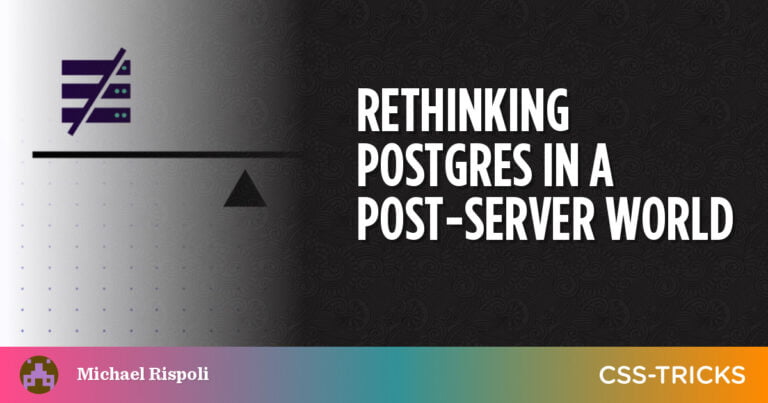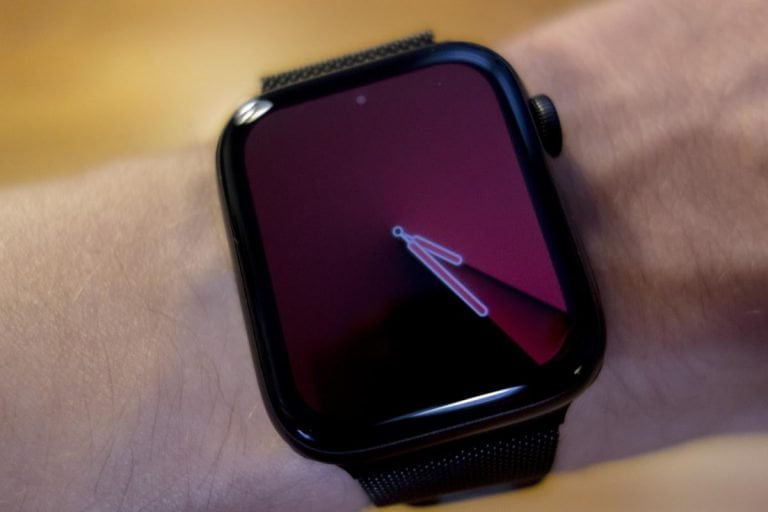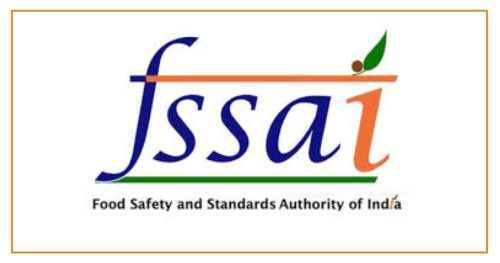
Planning to apply for an SME loan? The idea sounds amazing as SME loans are the backbone of all small and medium-sized businesses. However, there is an important factor that can play spoilsport. A credit score of minus one can dampen your prospects of obtaining an SME loan. Before delving deep into the details, let’s first try to understand what a credit score is.
Also Read: Alternative Credit Scores To Get Your Loan!
A credit score is an indicator of your creditworthiness. In other words, it shows your capacity to repay the loan. There are majorly four credit information companies in India that are licensed by RBI (Reserve Bank of India). They are Credit Information Bureau (India) Limited (CIBIL), Equifax, Highmark and Experian. Of these, the CIBIL score is the most popular credit score.
In the calculation of credit score, several factors are considered. Some of them are:
- Your repayment history in various debt categories such as credit cards and loans
- The total credit balance in your name
- The balance between both secured and unsecured loans
- The total number of loans and credit cards in your possession
- Credit utilisation
Once you apply for a loan, banks and financial institutions use your credit score as the criteria to assess whether you are worthy of qualifying for a loan. In the case of a CIBIL, the credit score should be somewhere between 300 and 900. A CIBIL score of 750 or more is generally considered to be good. It’s simple—the higher your credit score, the more the chances of your loan getting approved. A higher credit score also comes with other benefits such as lower interest, attractive repayment terms, and faster approval of loans.
Also Read: 5 Pro Recommendations To Fix A Poor CIBIL Score
Assume that you have applied for an SME loan. The next step is to check your credit score. By logging in to the official CIBIL website, you can ascertain your score. In case your score is minus 1, the following possibilities may be true:
1. In the past, you have never applied for a loan in India or received a credit card from a bank or a Non-banking Financial Institution (NBFC).
2. Since the last two years, there has been no credit activity from your end, or your credit repayment history is more than 24 months old.
If you have never applied for a loan, no credit history record will be linked to your Permanent Account Number (PAN). Hence, the credit bureaus in India will not have sufficient information to assign you a credit score. However, there is no reason to worry. A CIBIL score of minus one does not necessarily mean that you are not creditworthy. It’s just that since the history is missing, the credit bureaus cannot assign you a three-digit credit score.
Also Read: Business Loans: When Credit Scores Don’t Matter
Are you under the assumption that you will be denied an SME loan for the sole reason that your credit score is negative? It’s a completely wrong notion. Some lenders will still sanction a business loan. The only difference is that the type of loan you will be granted is an unsecured business loan.
Since no other financial institution or credit bureau has ever evaluated your credit behavior,
- the lender will offer you a lower loan amount, and
- unlike regular loans, the loan repayment period will be short. The rate of interest will also be relatively higher.
Now, let’s go through the various criteria based on which the lenders decide whether to approve a loan for a credit score of minus one.
1. Business health: If your business health is weak, then no lender would be willing to grant you a business loan. The easiest way for a lending institution to gauge your business health is by checking your past business transactions and your average bank account balance. Hence, if you have a sound history of business transactions and a decent bank balance, then there is absolutely no reason to worry. The probability of getting approval for your SME loan application is quite high.
2. No cheque bounces: A cheque bounce is a clear indication that your business establishment is in deep financial trouble. Hence, this is one of the major criteria used by lenders while evaluating a loan application. Make sure that there are no cheque bounces so that your loan application does not get rejected.
3. Business vintage: The number of years since you have registered and started operations of your business concern counts a lot. If you have a business vintage of at least two years, there are higher chances of getting approval for your SME loan.
4. Business registration: The document that vouches for the number of years since you have established your business is your business registration. It is important that you submit your legal business registration proof so that the lender can check your business vintage.
5. Property ownership: Do you have any residential or commercial property under your possession? If yes, then provide your lender with the proof of those documents. This does not necessarily mean that you have to submit those assets as collateral with your business loan application. The lender will have more trust and credibility if your application is backed with proof of property possession. It will increase the chance of getting loan approval.
The Increasing Significance of Decoding Credit Scores — Why Pay Attention To Those Numbers?
A credit score of minus one is no longer a deterrent to obtaining an SME loan. All you have to do is keep the above-mentioned points in mind before proceeding with your loan application. As discussed, some of the important factors that you need to ensure are the sound financial health of your business and zero cheque bounces.






